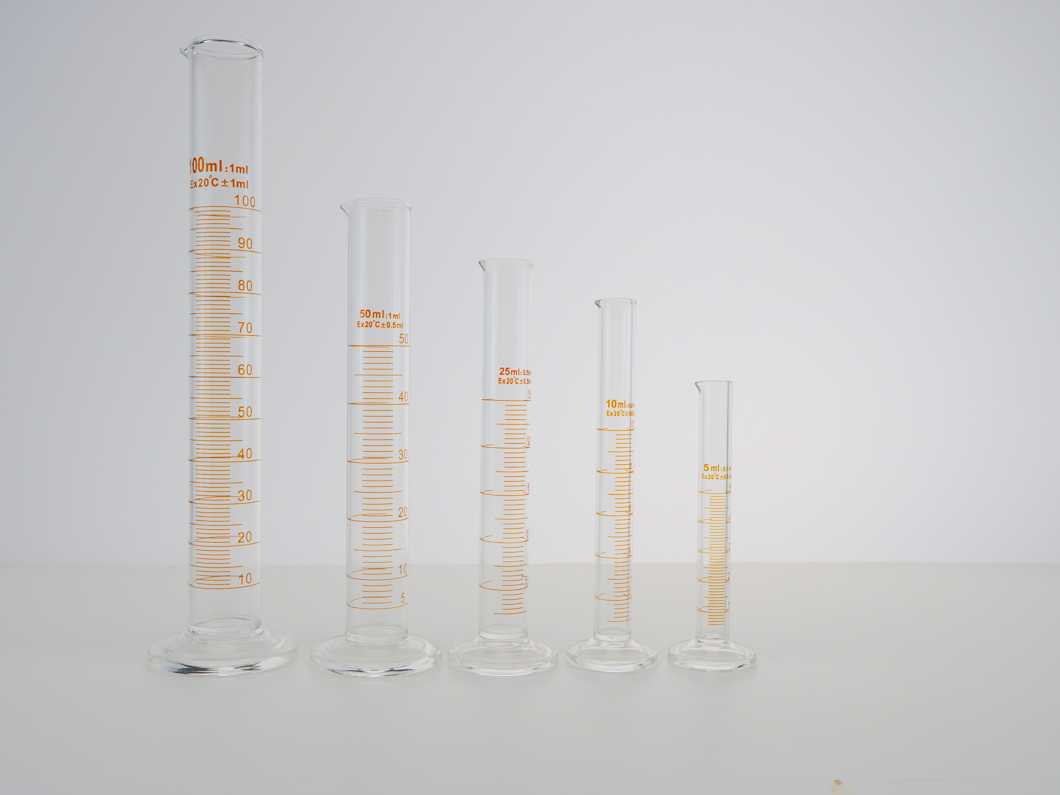Size-exclusion chromatography
Size exclusion chromatography (SEC) is an analytical technique used to analyze the size distribution of molecules in a sample. SEC separates molecules according to their size in a column filled with fine porous beads.

Our SEC analysis services
Biomass molecular weight distribution
Molecular weight of polymers with GPC/SEC-RI
Molecular weight of polymers with GPC/SEC-MALS
Molecular weight of polypropylene with GPC/SEC at high temperatures
Prices excluding VAT.
- Fast turnaround times
- Personal service from method experts
- Competitive prices
- Result accuracy guarantee
What is size-exclusion chromatography, and how does it work?
Size exclusion chromatography (SEC), also known as gel permeation chromatography (GPC), is an analytical technique that separates molecules based on their size. It is used to analyze the size distribution of the molecules in the sample. With calibration standards, SEC can be used to characterize the molecular weights of unknown molecules. SEC can be used to measure polymers from a few hundred to several million Daltons.
The sample is dissolved in a solvent, and dissolved molecules are separated by their particle size in a column filled with porous beads containing a specific pore size distribution. Since the small molecules diffuse into the pores, the flow of molecules through the column slows down as particle size decreases. Large molecules do not fit in the pores and elute in the void space of the column. Therefore, smaller dissolved molecules flow more slowly through the column than larger molecules, allowing the size distribution to be recorded.
Need an analysis?
Measurlabs offers SEC analyses to determine the molecular weight distribution of polymers, lignin, and other biomass samples. In addition to conventional SEC/GPC with a refractive index (RI) detector, we also offer SEC-MALS analyses, which yield more meaningful data, especially when analyzing large macromolecules.
Large sample batches and frequent projects can make volume discounts possible – contact us through the form below to get a quote tailored to your specific testing needs.
Suitable sample matrices
- Polymers
- Proteins
- Macro molecules
Ideal uses of SEC analysis
- Molecule size distribution characterization
- Analysis of average molecular weights
Ask for an offer
Fill in the form, and we'll reply in one business day.
Have questions or need help? Email us at info@measurlabs.com or call our sales team.
Frequently asked questions
SEC is used to characterize the size distribution of macromolecules.
One common application is the testing of lignin to determine its molecular weight distribution, which varies based on the type of biomass lignin is extracted from.
If the molecules have close molecular weight, it may be difficult to distinguish them leading to uncertainty in the analysis.
Solid macromolecule samples that can be dissolved.
Macromolecule-containing solutions.
Measurlabs offers a variety of laboratory analyses for product developers and quality managers. We perform some of the analyses in our own lab, but mostly we outsource them to carefully selected partner laboratories. This way we can send each sample to the lab that is best suited for the purpose, and offer high-quality analyses with more than a thousand different methods to our clients.
When you contact us through our contact form or by email, one of our specialists will take ownership of your case and answer your query. You get an offer with all the necessary details about the analysis, and can send your samples to the indicated address. We will then take care of sending your samples to the correct laboratories and write a clear report on the results for you.
Samples are usually delivered to our laboratory via courier. Contact us for further details before sending samples.